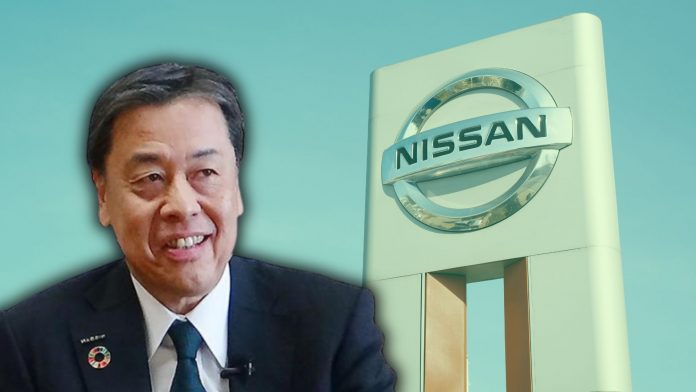Nissan is set to reduce its U.S. salaried workforce through a voluntary severance program as the automaker faces declining fortunes in its second-largest market. The program targets white-collar employees, with buyout packages offered to Nissan and Infiniti staff aged 52 and over in certain nonmanufacturing units and those aged 55 and over in the manufacturing organization. Hourly production workers are not affected.
Approximately, Nissan employs 21,000 people in the U.S., including around 9,000 hourly workers across three Southeast factories. While spokesperson Kyle Bazemore did not specify the number of jobs to be cut or the expected uptake of the severance package, he noted that only a “small percentage” of the salaried workforce is eligible.
According to Bazemore, the workforce reduction aims to “optimize business operations and remain competitive for the future.” This move follows similar buyout offers in 2019 and 2020, which were accompanied by factory layoffs, travel budget cuts, and unpaid furloughs.
Additionally, the automaker’s decision comes as new vehicle demand cools and competition intensifies in the market. For instance, in July, Stellantis reported initiating a voluntary separation program for U.S. salaried employees.
Moreover, Nissan CEO Makoto Uchida attributed the poor financial performance to the U.S. operation, where sales fell 3.1% to about 237,000 vehicles. Uchida highlighted that the delayed launch of the 2024 Rogue crossover, Nissan’s best-selling model, forced the company to increase incentives to clear out the previous model. In March, Nissan’s incentive spending reached $3,713 per vehicle, the highest among full-line brands.
At the end of February, the automaker’s inventory supply stood at 104 days, exceeding the national average of 76 days and further pressuring profitability. Uchida acknowledged that optimizing U.S. inventories would continue challenging the company’s profits.




